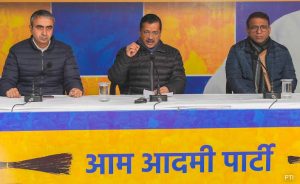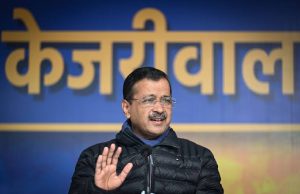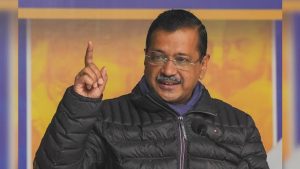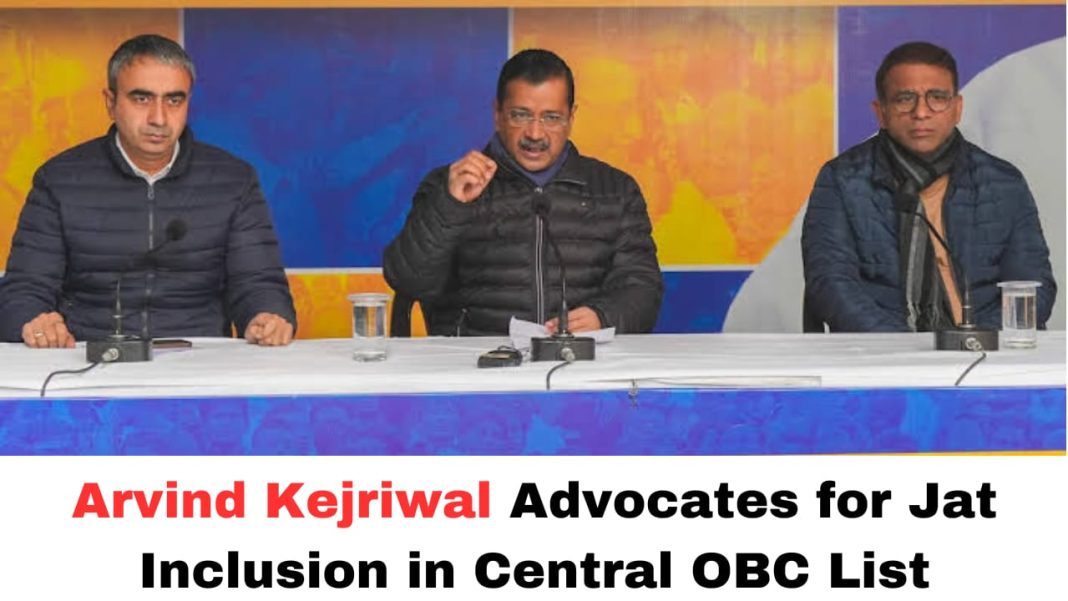Digital News Guru New Delhi Desk:
Arvind Kejriwal has reignited the debate on the inclusion of the Jat community in the Central Other Backward Classes (OBC) list. Addressing the issue recently, Kejriwal urged the Central Government to recognize the Jat community from Delhi as part of the OBC category, emphasizing that this step is essential for ensuring fair access to educational and employment opportunities.
Arvind Kejriwal Calls for Jat Inclusion in Central OBC List
The Central OBC list provides reservations for socially and educationally disadvantaged groups in government jobs, educational institutions, and other state-supported initiatives. While Jats in several states such as Haryana, Rajasthan, and Uttar Pradesh benefit from their inclusion in the OBC list, Jats from Delhi are currently excluded. This creates a significant disparity for the community within the national capital, especially in accessing competitive opportunities such as admissions to Delhi University (DU) and other central government benefits.

Kejriwal highlighted this disparity during his public address, pointing out that while Jat students from neighboring states gain admission to prestigious institutions under OBC quotas, Jat students from Delhi are denied similar privileges. He stated, “Thousands of Jat children in Delhi fail to secure admission to institutions like DU simply because they are not included in the Central OBC list.”
Historical Background
The inclusion of Jats in the OBC list has been a contentious issue at the national level. In March 2014, the UPA government approved the inclusion of Jats from nine states in the Central OBC list. However, this decision was overturned by the Supreme Court of India in March 2015. The Court ruled that Jats could not be classified as socially and economically backward, citing a lack of empirical evidence to support their inclusion.
Since then, several state governments have lobbied for the inclusion of Jats in the Central OBC list, with varying degrees of success. Kejriwal’s renewed call for Delhi’s Jats to be added to the list highlights the persistent demand for a reassessment of the community’s social and economic status.
Implications of Inclusion
If the Jat community in Delhi were included in the Central OBC list, it would open doors to a range of benefits. These include reservations in central government jobs, admissions to educational institutions under the OBC quota, and access to scholarships. Proponents argue that such measures are necessary to level the playing field for Jats in Delhi, who often face stiff competition in a city with a high population density and limited resources.

Critics, however, caution that such inclusions must be based on robust evidence of social and economic disadvantage to avoid diluting the benefits intended for genuinely marginalized communities.
The Road Ahead
The ball now lies in the Centre’s court. The inclusion of any community in the Central OBC list requires a formal assessment by the National Commission for Backward Classes (NCBC) and approval from the Central Government. While Kejriwal’s advocacy has brought the issue back into the spotlight, it remains to be seen whether the Centre will act on his appeal.
Conclusion
Arvind Kejriwal’s push for Jat inclusion in the Central OBC list underscores a broader conversation about equity and representation in Indian society. Arvind Kejriwal has urged the Central Government to include the Jat community from Delhi in the Central Other Backward Classes (OBC) list. He argues that this inclusion would provide equitable access to educational and employment opportunities for Jat individuals in the region.

While the demand has its political undertones, the underlying issue points to the need for a nuanced assessment of social and economic disparities faced by communities like the Jats. Whether this advocacy translates into policy action will depend on the Centre’s willingness to address longstanding disparities and work towards a more inclusive framework for affirmative action.
You May Also Read: Pritish Nandy passed away at the age of 73, died after a cardiac arrest at his residence in South Mumbai








